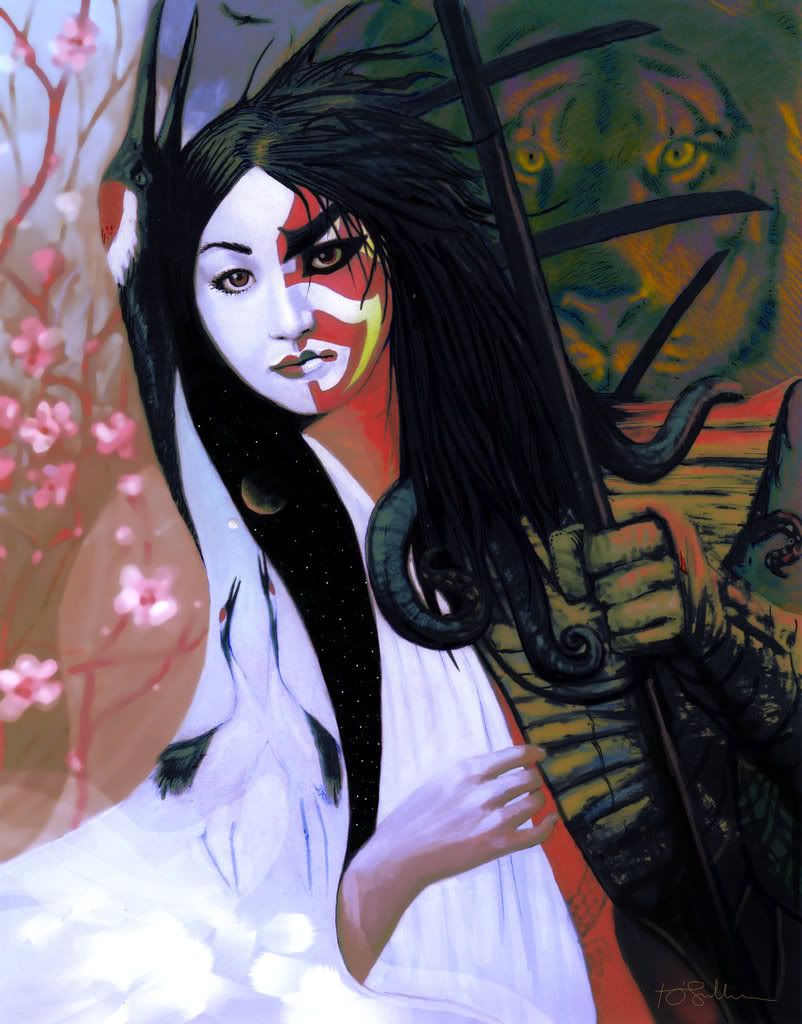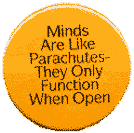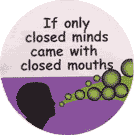We often talk about
the practice of budo but what exactly is budo and what is its purpose? My
current understanding of budo is this:
At the heart of budo is the premise that the biggest battle
we face in our lives is not with the enemy outside but that which resides
within ourselves – the ego. Through hard physical training we come to know our
true selves and become more able to defeat the ego. The reduction or control of
ego is essential to allow our true selves to be nurtured and developed. This
developing of the true self allows us to reach our full potential in our daily
lives: at work, home, relationships, friendships and other activities we are
involved in.
Ego is an interesting concept; it
has several definitions related to the human psyche and I think that only one
of them is relevant to the subject of budo. Ego is defined as: The self,
especially as distinct from the world and other selves. Clearly budo is
not about trying to lose one’s sense of self. Ego is also defined as: an appropriate pride in
oneself; self-esteem. We can all
agree that self-esteem is important to our sense of self-worth and happiness
and an appropriate level of pride in
oneself keeps us clean and sociable, provides a desire to keep healthy and gives
us motivation to do things well. So budo is not about ridding ourselves of this
type of ego either. Thus it must be about the third definition: An exaggerated sense of self-importance; conceit.
So, some ego is necessary for normal human functioning and
good mental and physical health but a surfeit of ego tips over into
self-importance, conceit and perhaps an unwarranted sense of entitlement – this
is what the budo practitioner is trying to rid themselves of. But why? What’s wrong with egotism? We need to
answer this question because if you don’t see a problem with excess pride,
vanity or an exaggerated sense of self-worth or entitlement then you’re not
ready to take on the challenges of budo.
Excess ego damages both yourself and others. It damages
others because ego is inherently selfish; the egotist puts his/her needs before
others. The need to acquire wealth and status may be overwhelming and the
egotist may become ready to lie, cheat or just display shear ruthlessness to
get what they want (or think they deserve) in life. The egotist may neglect
family and relationships in pursuit of personal goals leaving a trail of
unhappiness behind him/her. The egotist
may also think nothing wrong with acquiring a surfeit of the world’s resources
(property, money, land etc) without concern for how this may affect other
people. In essence the egotist’s sense of entitlement can impact negatively on
other people.
Ego is also damaging to the self because it limits the
opportunity for real self-development – development of the true self. Ego lets
the true self hide behind bluster and boasting; it stops you from learning new
things because you already think you know them; it makes you compete with
people in environments where you should be cooperating (e.g. work colleagues or
even with your neighbours – got to have a
better car on the drive than they do?) While your ego is busy controlling
your behaviour your true self is just languishing in the background, unloved
and un-nurtured.
How do we tell the difference between what is ego and what
is truly us? Well, one tell-tale sign is the way we focus on tasks. Ego tends
to be driven by outcomes – reaching the goal is more important than how we get
there. You got the big car, big house, pots of money, pile of trophies or whatever
it is you wanted and you didn’t really care what you had to do, or who you hurt
to get it – that’s ego.
On the other hand the true self is driven by process – the need
to do a good job regardless of reward. You do your job to the best of your
ability because that is what you expect of yourself and that is what you
contracted to do with your employer – seeing your company thrive or your
clients happy with your service is its own reward. Working hard at your
relationships – each partner giving selflessly to the other (and therefore each
partner also receiving) builds a strong, happy environment in which both
partners can thrive. Training hard in the dojo for the pleasure and challenge
of getting better and better, revealing the courage, persistence, determination
and focus needed to improve will lead to its own intrinsic rewards.
If you focus on the process the outcomes will reach
themselves but more importantly your true self will have developed as you strive
to learn the skills needed to do your job well, showed compassion, trust and
integrity in your relationships and revealed the positive aspects of your
character through hard physical training.
Does this mean that every man or woman who has a fast car,
big house, well paid job or lots of trophies is an egotist? Of course not, many
altruistic people who have worked hard to develop themselves and do an
excellent job, showed honesty and integrity in all they do have been rewarded
with good salaries that can buy some of the luxuries of life. Many of these
people give back to society through philanthropic acts of generosity. For these
people the process of how they lived and developed themselves was more
important than achieving outcomes – the outcomes just followed.
Budo teaches you to focus on the process of training rather
than the outcomes. Your ego wants the outcome (black belt, trophy, fame,
recognition, money); your true-self wants simply to be the best it can in your
chosen martial art and in every aspect of your life. If positive outcomes follow then great but
your true-self should not desire the outcome at any cost!
There isn’t room in your body for both the inflated ego and
your true self – one of them has to go. Which will you choose?
Sue is the Blog-Editor-In-Chief for Martial News. You can contact her at sue.wharton@martialnews.co.uk Sue also writes a personal blog called My Journey to Black Belt



